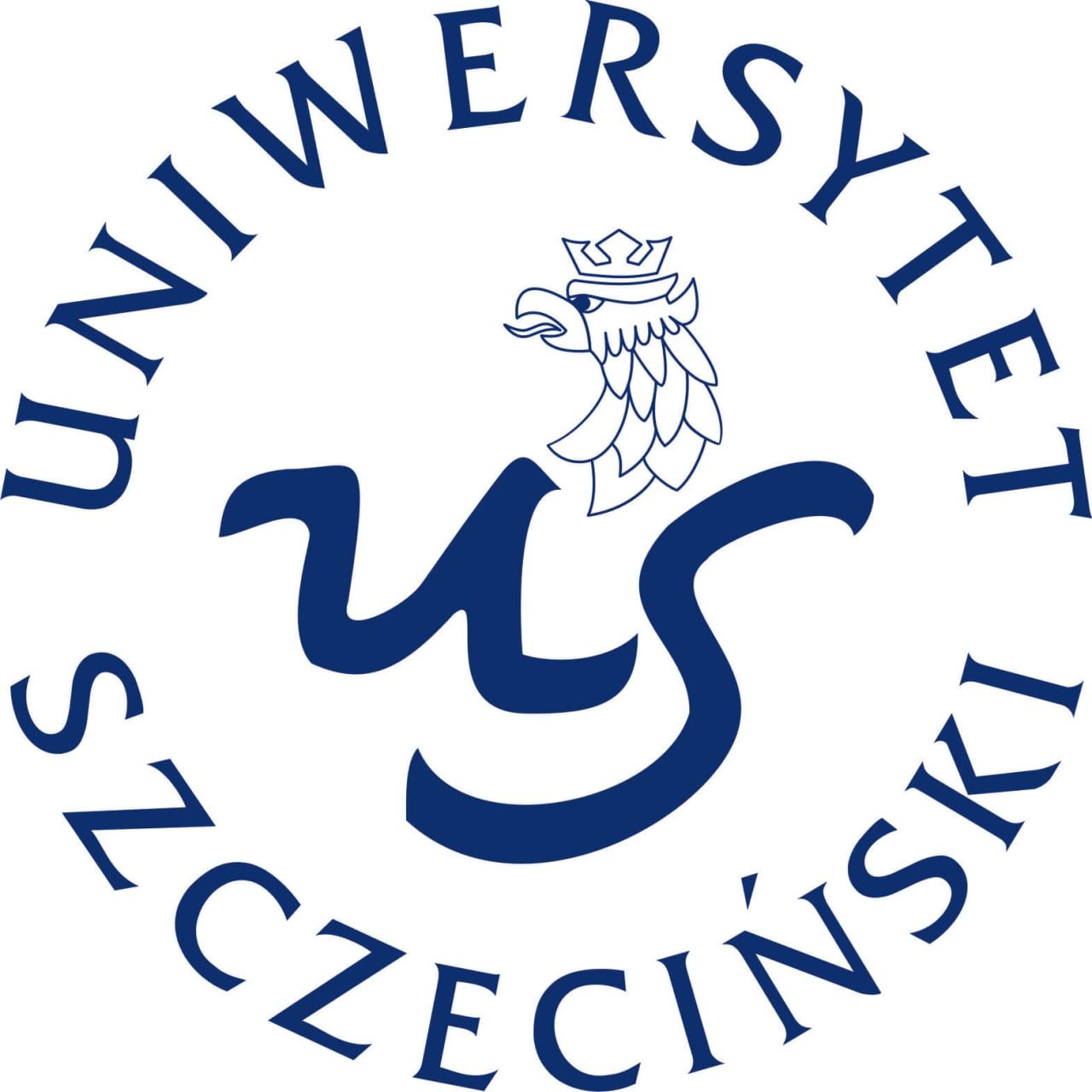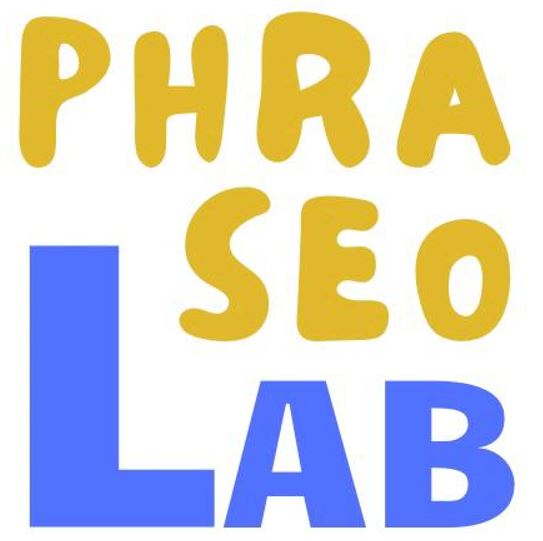
UNIVERSIDAD DE MURCIA, SPAIN.
The University of Murcia (UMU) is an international non-profit institution with over a hundred years behind it, although its origins can be traced back to the 12th century. Today, it is home to more than 30,000 students (2,000 of them from abroad), 3,000 researchers and lecturers, and an administration force counting 1,200. The UMU is a reference for Higher Education in southeast Spain. UMU is responsible for coordinating the PhraseoLAB project, and the departments involved in the project are the Department of English Studies and the relatively young Department of Translation and Interpreting (15 years). Both of them can look back on solid research activities in various linguistic disciplines. In particular, the fields of applied and cognitive linguistics, corpus linguistics, foreign language didactics, and phraseology and phraseodidactics are part of the research tradition of both departments, as the various research groups show.

ETHNIKO KAI KAPODISTRIAKO PANEPISTIMIO ATHINON, GREECE
The National and Kapodistrian University of Athens (https://en.uoa.gr), with a student body of about 125000 undergraduate and postgraduate students, over 2000 members of academic staff and approximately 1300 administrative and secretarial staff and specialised personnel, is the largest state institution of higher learning in Greece. The Faculty of German Language and Literature (http://en.gs.uoa.gr) is one of the 15 faculties of the School of Philosophy and it has a long research tradition in the fields of linguistics and foreign language learning.

AARHUS UNIVERSITET, DENMARK
Aarhus University was founded in 1928. Today, around 32,000 students and about 1,800 PhD students – thereof many international students – as well as ca. 11,000 employees study and work at Aarhus University. The project is located at the Department for German and Romanic languages that belongs to School of Communication and Culture at the Faculty of Arts. The School of Communication and Culture offers a broad range of research and degree programs across a variety of fields: Western European languages, Aesthetics, Literature, Communication, Information and Media Studies, Linguistics, Scandinavian Studies, and cultures as well as the Arts. Aarhus University is consistently ranked as one of the world’s top universities. In 2023, it was ranked No. 78 in the Shanghai rankings and No. 143 in the QS World University Rankings.

UNIWERSYTET SZCZECINSKI, POLAND
The University of Szczecin (US) was founded in 1984. With around 1,000 academic staff and currently around 11,000 students, it is the largest university in West Pomerania. The University of Szczecin comprises eighteen institutes and seven faculties. The courses offered by the Faculty of Humanities, where the PhraseoLab project is being implemented, include Global Communication (English Studies), English, German, Spanish, Norwegian, French, Russian Philology, Italian Philology with elements of Christianity Studies, Linguistics for Business, Russian-Polish Translation Studies, Polish Philology, Journalism and Social Communication, Baltic Cultural Studies, Archaeology, Philosophy, History, Cognitive Science of Communication, Cultural Heritage Management, International Relations, War and Military Studies.












